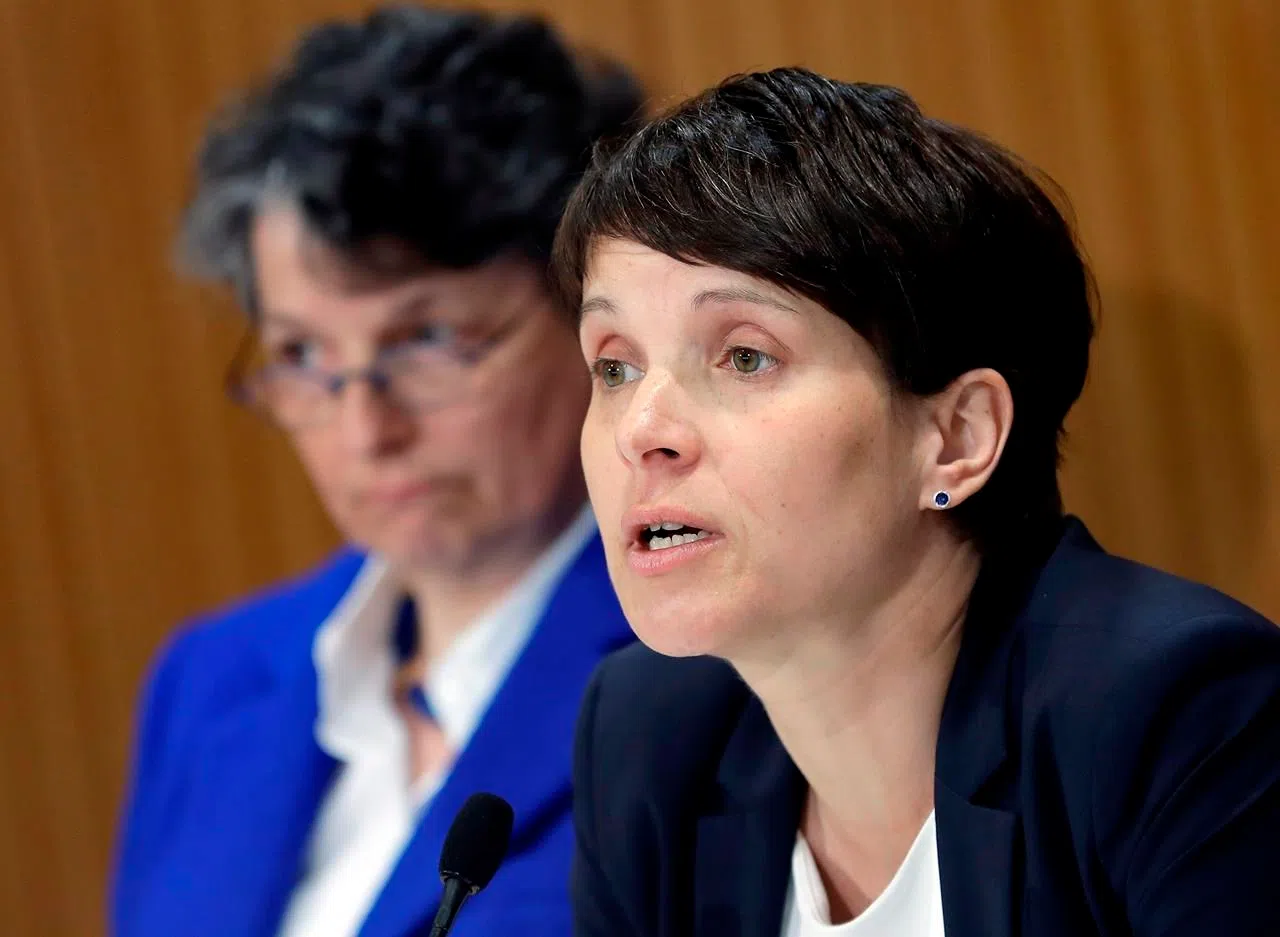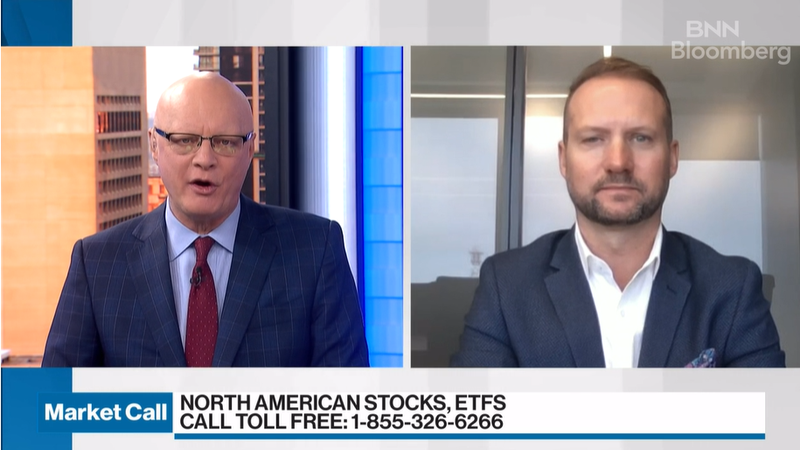
Nationalist leader Petry won’t head German election campaign
BERLIN — Germany’s best-known nationalist politician said Wednesday that she won’t be her party’s top candidate in the September general election, a decision that appears to reflect a growing split among its leading figures.
Frauke Petry became co-leader of the four-year-old Alternative for Germany, known by its acronym AfD, in 2015. She ousted fellow founder Bernd Lucke, an economics professor, shifting the party’s focus from economic issues to immigration and Islam.
AfD’s poll ratings soared with the influx of migrants to Germany in late 2015 and early 2016. However, they have sagged in recent months as the issue faded from headlines and the party became increasingly mired in infighting between Petry, her husband, Marcus Pretzell, and other senior figures.
Tensions have spiked ahead of a party conference this weekend, for which Petry submitted a motion declaring that AfD should be prepared to enter governing coalitions in the long term and shouldn’t be a “fundamental opposition” party.


